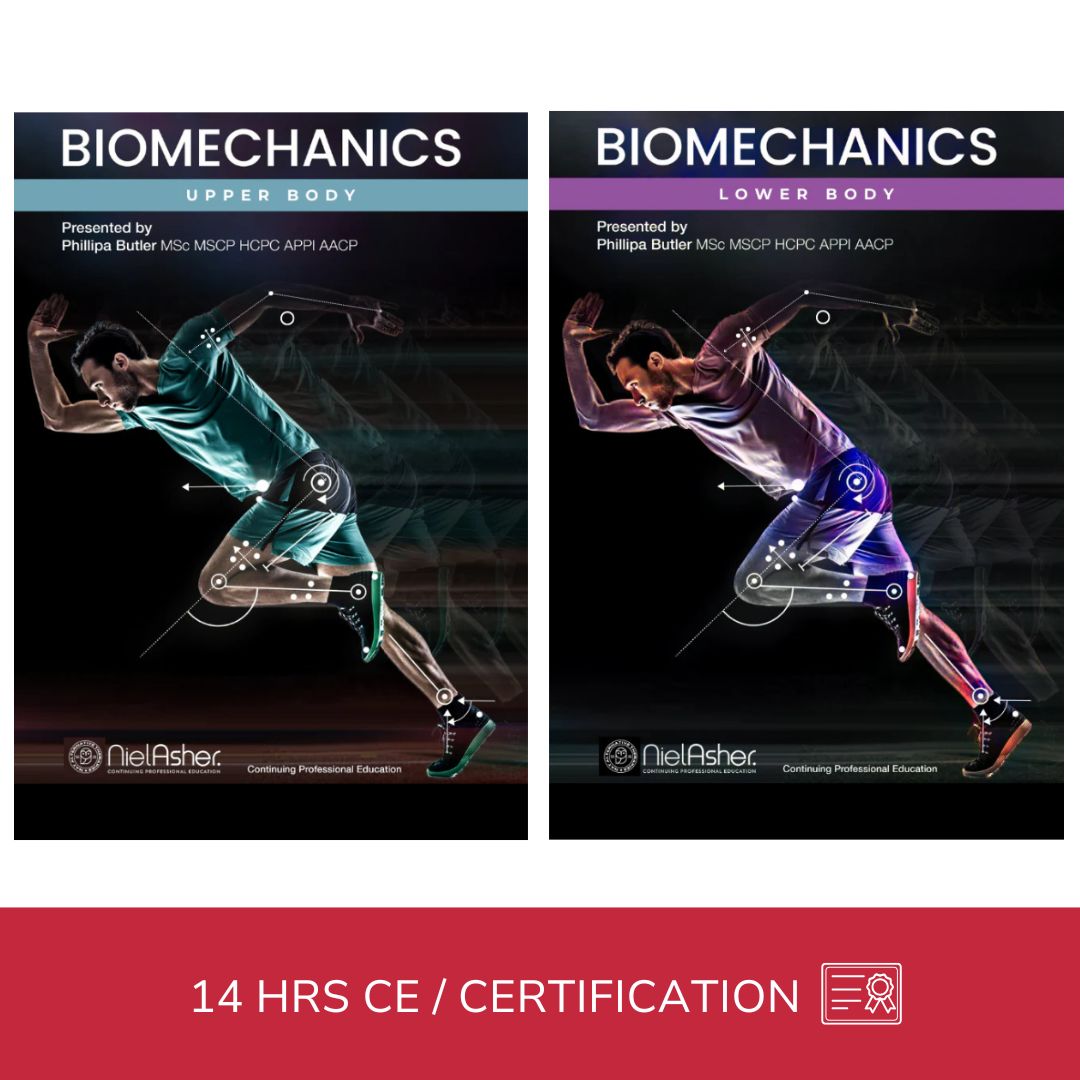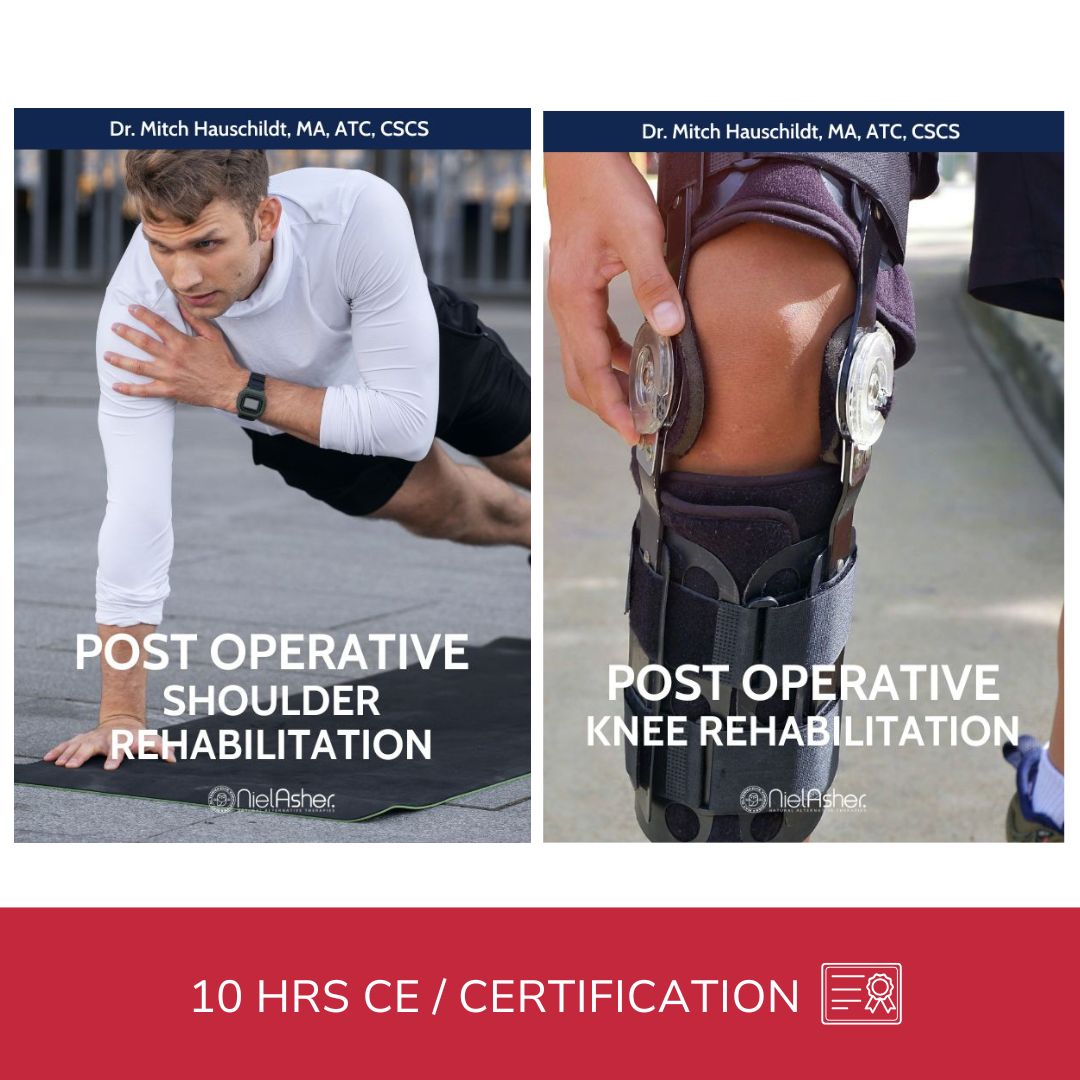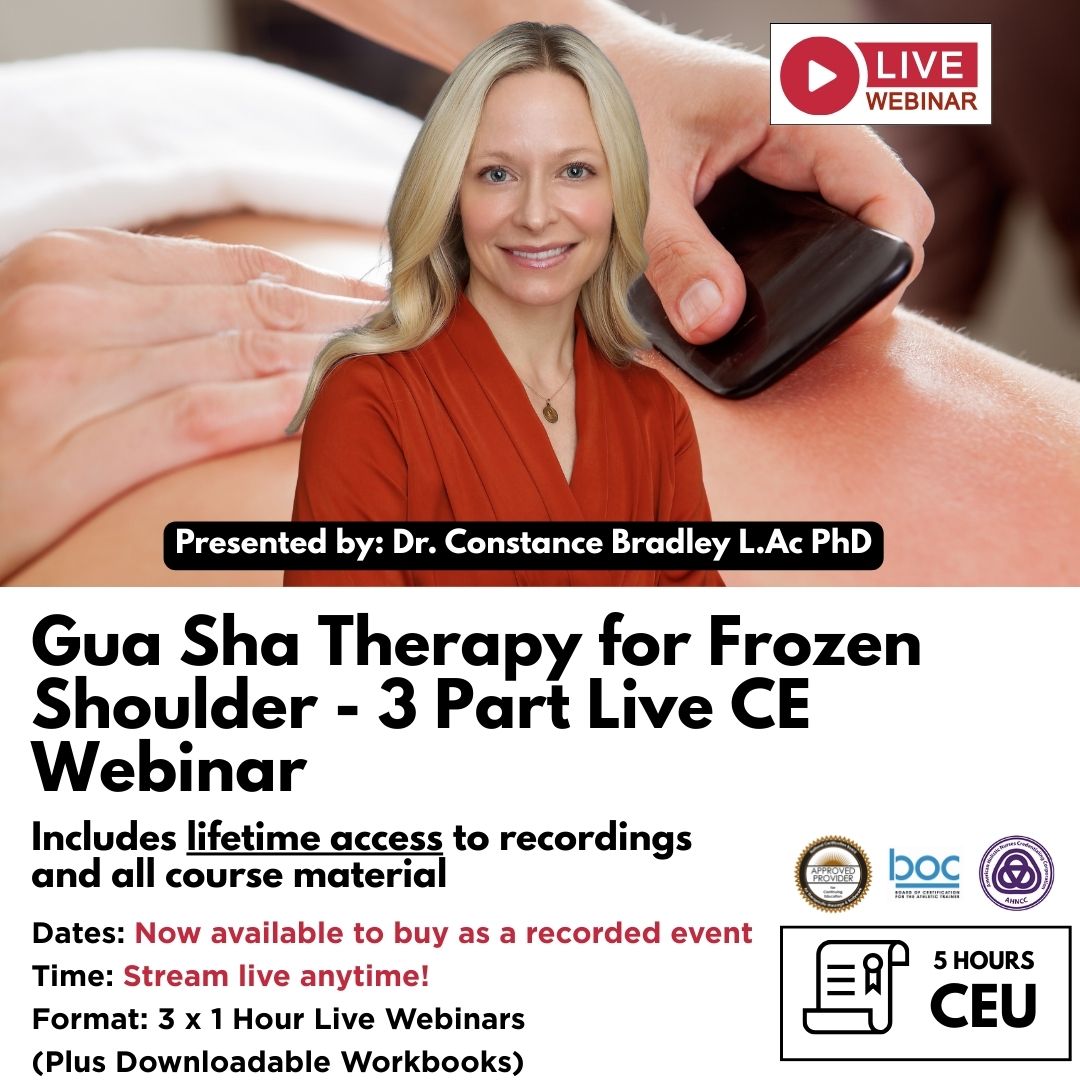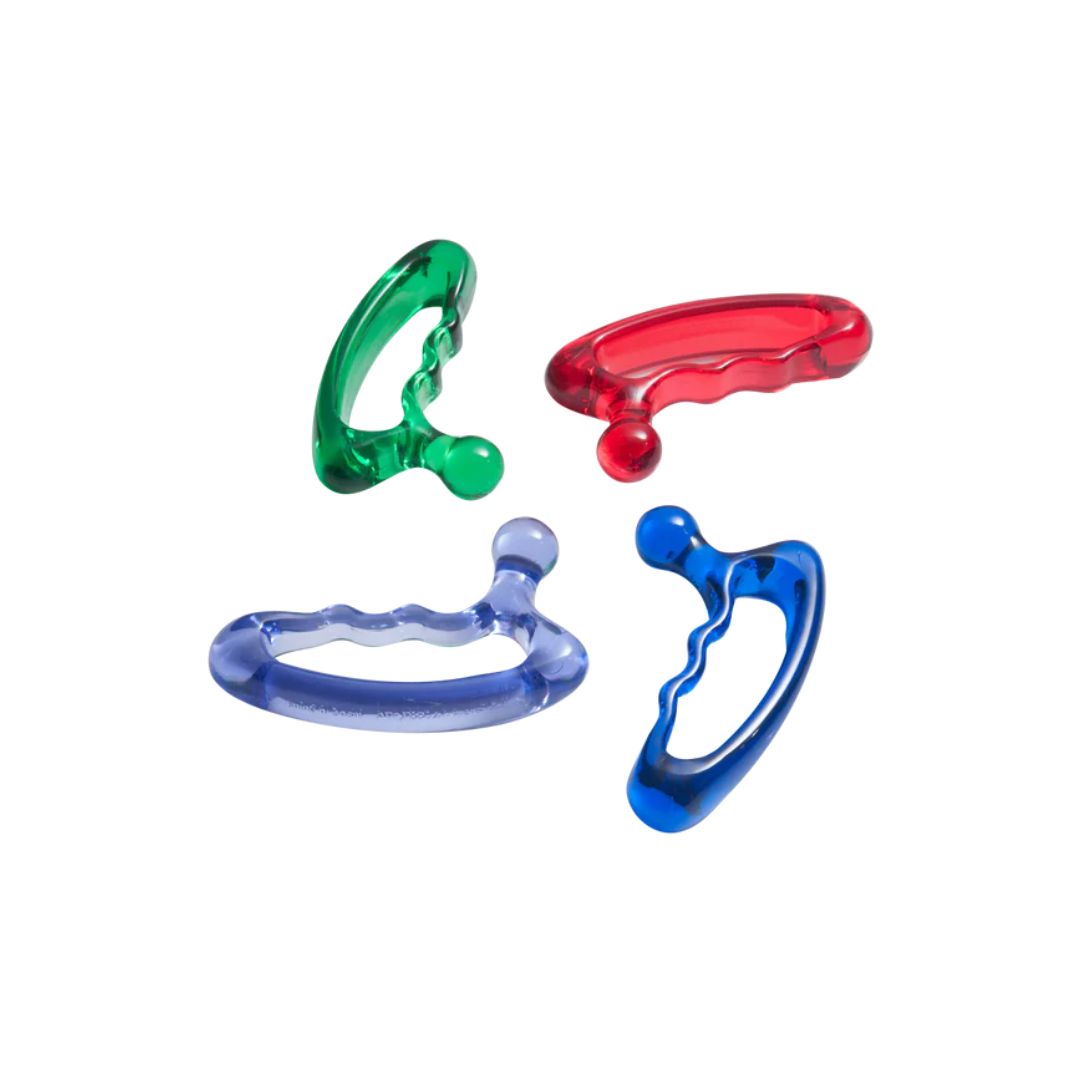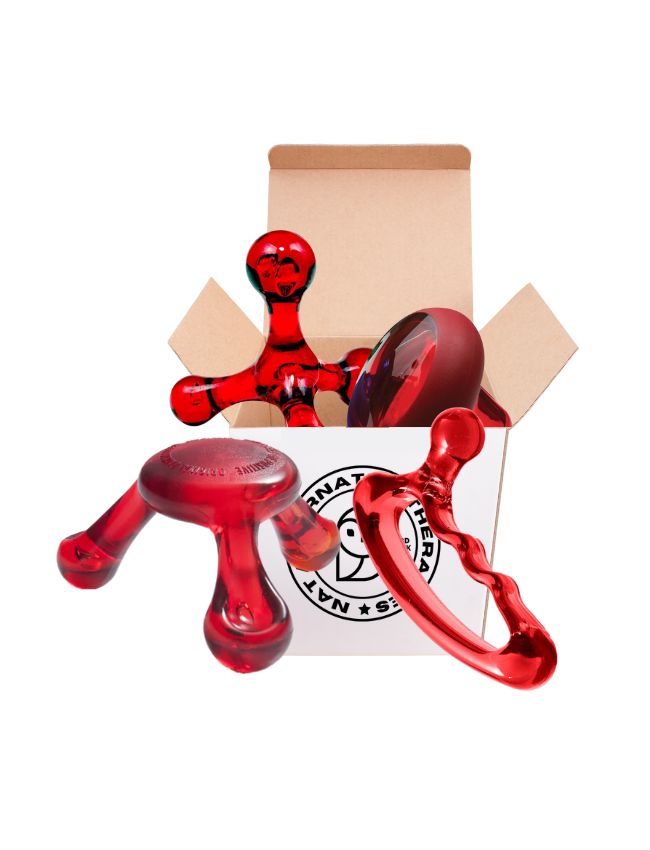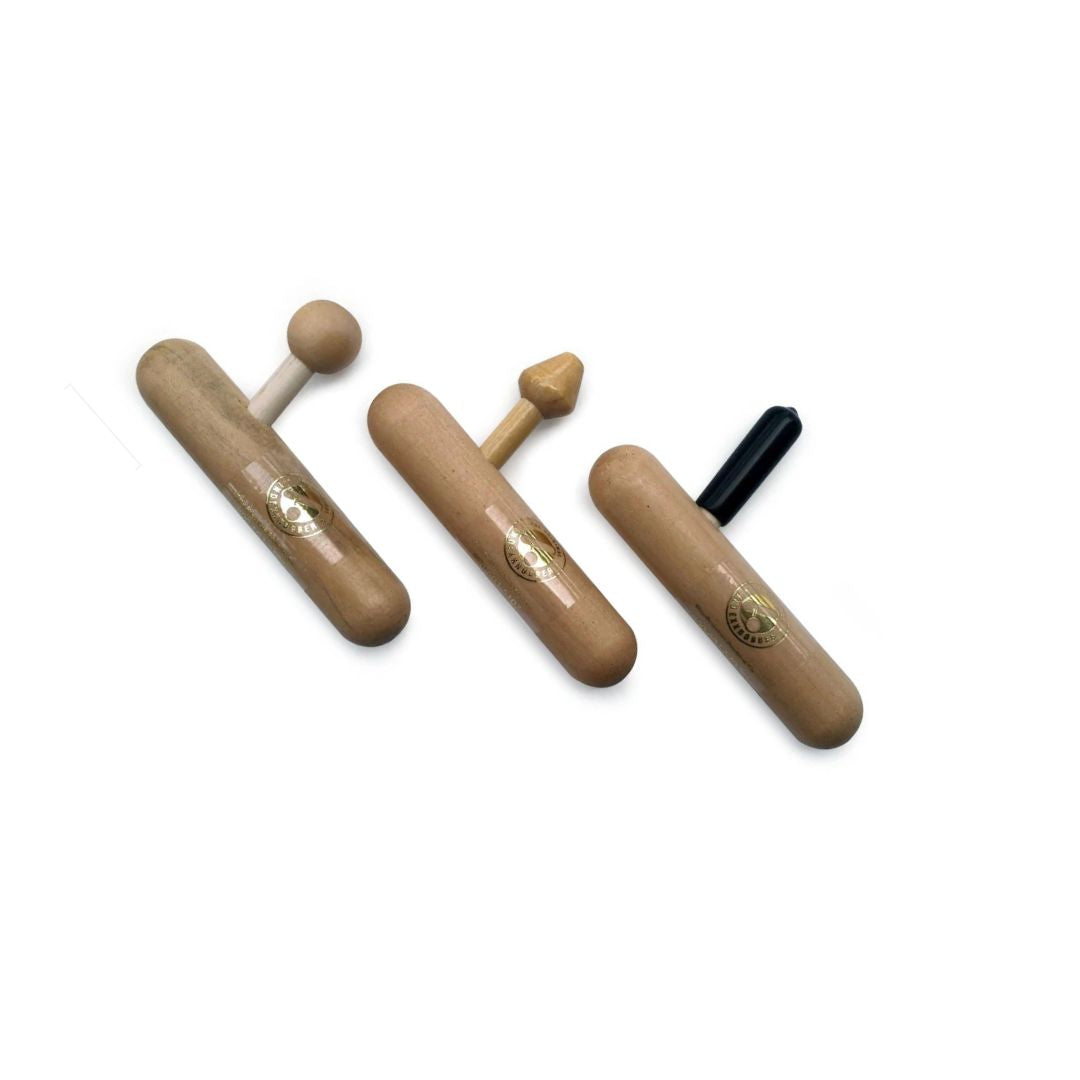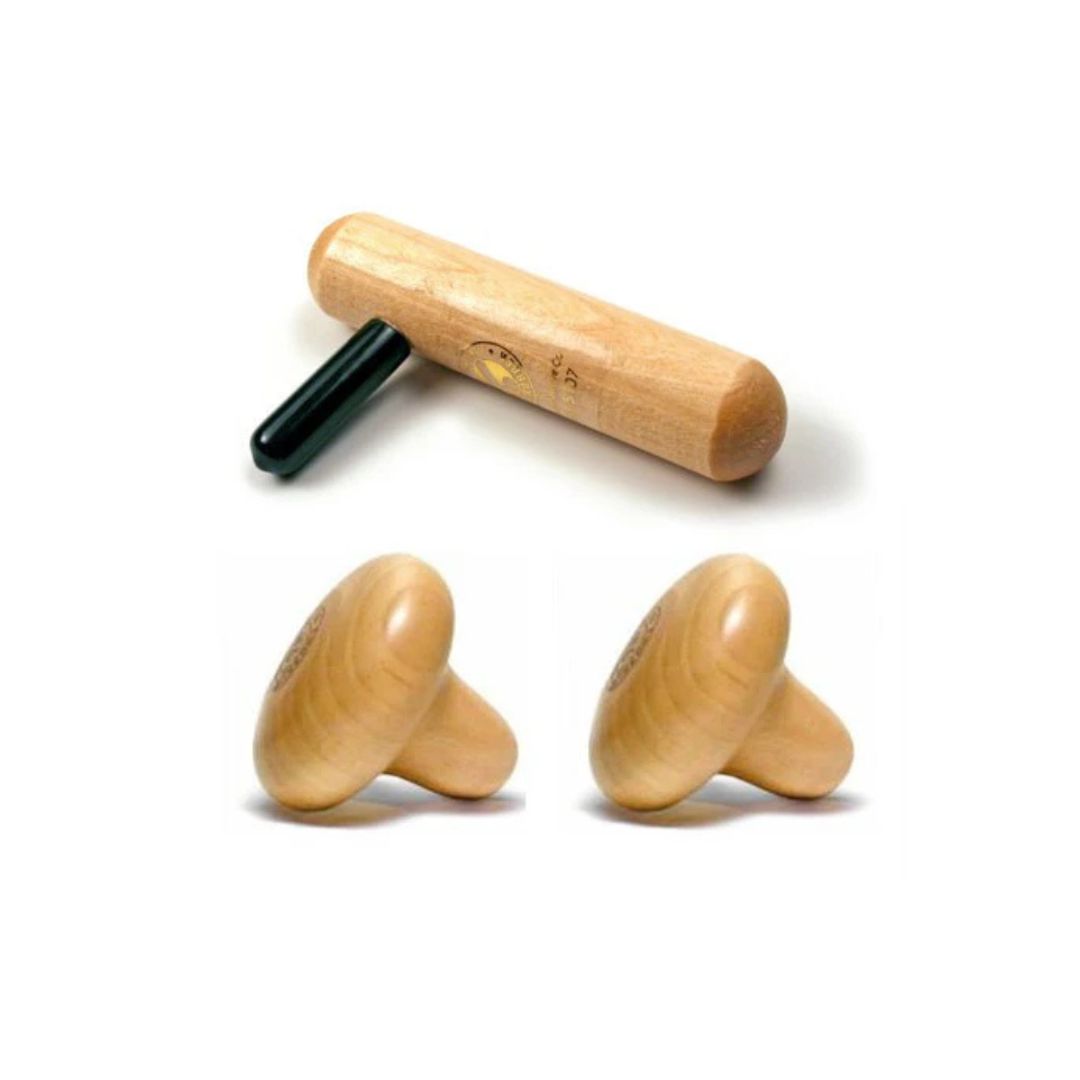Understanding the Buzz: Why CBD is Relevant to Bodyworkers
CBD for Bodyworkers: A Comprehensive Guide to Integrating Cannabidiol into Your Practice
As manual therapists, we are constantly seeking new, ethical, and effective ways to support our clients' well-being. We delve into the intricate tapestry of the human body, working with muscle, fascia, nervous system, and energy to alleviate pain, restore function, and promote profound relaxation. In recent years, a powerful new tool has emerged from the natural world, sparking immense interest and curiosity within our profession: Cannabidiol, or CBD.
Perhaps you've seen CBD lotions on clinic shelves, heard clients asking about it, or even dabbled with it yourself. But beyond the hype, what is CBD truly about? How does it work, is it safe, and most importantly, how can we, as bodyworkers, confidently and ethically integrate it into our practices to genuinely enhance client outcomes?
This comprehensive guide is designed to shed light on these very questions, drawing upon the latest understanding and practical insights from experts in the field, including Dr. Kirsten Shepard, LMT, DC, whose extensive knowledge now forms the backbone of our new online course, "CBD for Bodyworkers."
The Endocannabinoid System: Our Body's Master Regulator
To truly understand CBD, we must first introduce you to a remarkable system within your own body: the Endocannabinoid System (ECS). Discovered in the late 1980s and early 1990s, the ECS is a complex network of receptors, endocannabinoids (cannabinoids produced by our own bodies), and enzymes. Think of it as the body's master regulatory system, constantly working to maintain homeostasis – a state of internal balance.
The ECS is intricately involved in a vast array of physiological processes, including pain perception, inflammation, immune response, mood, sleep, appetite, memory, and even motor control. It's present throughout the central and peripheral nervous systems, the immune system, and in virtually every organ and tissue.
The two primary types of cannabinoid receptors are CB1 and CB2. CB1 receptors are predominantly found in the brain and central nervous system, influencing functions like pain, mood, and memory. CB2 receptors are more abundant in peripheral organs and immune cells, playing a significant role in inflammation and immune responses.
Our bodies produce their own endocannabinoids, like anandamide ("the bliss molecule") and 2-AG. These endocannabinoids act like neurotransmitters, binding to CB1 and CB2 receptors to signal the body to respond and adapt to various stressors and changes, thus bringing balance. When there's a deficiency or dysfunction in this system, it can contribute to a wide range of health issues.
This is where phytocannabinoids – cannabinoids derived from plants, like CBD – come into play.
Demystifying CBD: What It Is and How It Interacts with the ECS
Cannabidiol (CBD) is one of over a hundred phytocannabinoids found in the cannabis plant. Unlike its more famous cousin, Tetrahydrocannabinol (THC), CBD is non-intoxicating; it does not produce a "high." This is a crucial distinction, as it allows for therapeutic benefits without psychoactive effects, making it appealing for a broader range of applications and clients.
While THC primarily binds directly to CB1 and CB2 receptors, CBD interacts with the ECS in a more subtle, indirect, and nuanced way. Instead of directly binding to the receptors, CBD is believed to:
- Modulate receptor activity: It can influence how other cannabinoids (both endocannabinoids and other phytocannabinoids) bind to receptors.
- Inhibit enzyme breakdown: CBD can slow down the enzymes that break down our natural endocannabinoids (like anandamide). By preserving these endocannabinoids, CBD essentially helps to boost and prolong the body's own regulatory signals, indirectly enhancing ECS function.
- Interact with non-cannabinoid receptors: Research suggests CBD also interacts with other receptor systems, such as serotonin receptors (influencing mood and anxiety), TRPV1 receptors (involved in pain perception and inflammation), and opioid receptors. This broad spectrum of interaction is what gives CBD its diverse potential therapeutic effects.
This complex interplay within the ECS and beyond is why CBD holds such promise for bodyworkers. It offers a way to support the body's inherent healing mechanisms, rather than simply suppressing symptoms.
The Entourage Effect: More Than the Sum of Its Parts
When we talk about the power of the cannabis plant, it's not just about CBD or THC in isolation. The concept of the "entourage effect" is gaining significant attention, suggesting that the various compounds found in cannabis – including cannabinoids, terpenes (aromatic compounds), and flavonoids – work synergistically. This means they enhance each other's therapeutic effects and mitigate potential side effects, leading to a more potent and balanced outcome than any single compound alone.
- Cannabinoids: Beyond CBD and THC, compounds like CBG (Cannabigerol), CBN (Cannabinol), and CBC (Cannabichromene) each have their own unique properties and contribute to the overall therapeutic profile.
- Terpenes: These aromatic compounds, found in many plants, are responsible for the distinctive scents of cannabis strains. They also have their own therapeutic actions, such as anti-inflammatory (beta-caryophyllene), anxiolytic (linalool), or uplifting (limonene) effects. When combined with cannabinoids, terpenes can modulate their activity and enhance benefits.
- Flavonoids: These plant compounds also contribute to the plant's color and have antioxidant and anti-inflammatory properties.
This understanding is why many proponents of CBD for therapeutic use advocate for full-spectrum or broad-spectrum products.
- Full-Spectrum CBD: Contains all the naturally occurring compounds of the hemp plant, including other cannabinoids (like trace amounts of THC, typically below the legal limit of 0.3%), terpenes, and flavonoids. This type is believed to offer the most robust entourage effect.
- Broad-Spectrum CBD: Contains all the beneficial compounds of the hemp plant, except for detectable levels of THC. This is a popular choice for those who want the entourage effect without any concern for THC, even trace amounts.
- CBD Isolate: Pure CBD, with all other plant compounds removed. While it offers pure CBD, it lacks the potential synergistic benefits of the entourage effect.
For bodyworkers, understanding these distinctions is key to choosing products that align with their goals and client needs.
Evidence for CBD's Therapeutic Potential: Focus on Pain & Inflammation
While research is ongoing and more large-scale human clinical trials are needed, the existing scientific and anecdotal evidence regarding CBD's potential for pain and inflammation is compelling, making it particularly relevant for manual therapists.
-
Pain Management:
- Anti-inflammatory Action: CBD is believed to exert anti-inflammatory effects by interacting with various receptors and pathways involved in the inflammatory cascade. This can be particularly beneficial for musculoskeletal pain, arthritis, and neuropathic pain.
- Neuropathic Pain: Several reviews of studies suggest that CBD may help with chronic neuropathic pain, which is notoriously difficult to treat. Its potential to modulate pain signals in the nervous system is a key area of interest.
- Modulating Pain Perception: By indirectly enhancing the body's own endocannabinoids (like anandamide, which is linked to pain regulation) and interacting with other pain-related receptors (like opioid and TRPV1), CBD may help alter how pain signals are perceived and processed by the brain.
- Muscle Spasms: Some research indicates that CBD can help reduce muscle spasms, which is directly relevant to many conditions seen in a bodywork practice.
-
Inflammation:
- CBD's anti-inflammatory properties are perhaps its most well-researched benefit relevant to bodywork. Inflammation is at the root of many chronic pain conditions and injuries we encounter.
- Studies suggest CBD can reduce the production of pro-inflammatory cytokines and suppress immune cell activity that contributes to inflammation. This makes it a promising adjunct for conditions like arthritis, tendinitis, and other inflammatory musculoskeletal issues.
-
Nervous System Regulation:
- Beyond pain and inflammation, CBD's interaction with the ECS and other neurotransmitter systems, such as serotonin, suggests its potential for nervous system regulation.
- For bodyworkers, this translates to supporting clients in moving out of "fight or flight" (sympathetic dominance) into a more relaxed, "rest and digest" state (parasympathetic dominance). This profound relaxation can significantly enhance the effectiveness of manual therapy techniques, allowing for deeper tissue release and greater therapeutic change. Clients who are able to relax more fully on the table often achieve better and longer-lasting results.
It's important to frame this information responsibly. While the potential is significant, therapists should always communicate to clients that CBD is not a "cure-all" and that ongoing research is vital to fully understand its long-term effects and optimal dosages.
Legal Landscape & Scope of Practice: Navigating the Regulations
The legal status of CBD can be a complex topic, especially when integrating it into a professional practice. It's crucial for bodyworkers to be well-informed to ensure compliance and protect their license.
In the United States (General Federal Overview):
The 2018 Farm Bill federally legalized hemp-derived CBD products, provided they contain less than 0.3% Delta-9 THC on a dry weight basis. This removed hemp from the Controlled Substances Act. However, this federal legality comes with nuances:
- State-Specific Laws: Despite federal legalization, individual states have the authority to regulate or even ban CBD. Some states align with federal law, others have stricter regulations (e.g., lower THC limits), and a few may have outright bans or specific requirements for sales and use. It is absolutely essential for bodyworkers to research and understand the specific CBD laws in their state and local municipality.
- FDA Regulation: The FDA currently does not regulate CBD products as dietary supplements, nor does it approve them for medical use (with the exception of Epidiolex, a prescription CBD drug for specific seizure disorders). This means there's less oversight on purity, potency, and labeling claims for many CBD products on the market. This lack of robust federal regulation underscores the importance of due diligence in product selection.
- Marketing Claims: Due to FDA regulations, CBD companies are generally prohibited from making specific health claims about their products. As bodyworkers, we must also be cautious about the claims we make to clients.
Scope of Practice for Bodyworkers (e.g., LMTs):
This is perhaps the most critical area for manual therapists. While specific rules vary by state and licensing board, here are general guidelines:
- Topical Application: The vast majority of states allow licensed massage therapists (LMTs) and other manual therapists to use topical CBD products (oils, lotions, balms) during their sessions. These products are generally considered an enhancement to the massage or bodywork, similar to using essential oils or other liniments.
- No Internal Administration: As bodyworkers, our scope of practice does not include administering oral CBD products (tinctures, edibles, capsules). We are not medical professionals authorized to prescribe or recommend internal supplements or medications.
- No Medical Advice/Diagnosis: We cannot diagnose conditions or advise clients on specific medical treatments, dosages for internal use, or whether CBD is right for their medical conditions. Our role is to provide bodywork and, if using topical CBD, to explain its potential benefits in the context of the massage session.
- Informed Consent: It is paramount to obtain informed consent from clients before using any CBD product. This includes explaining what CBD is, how it will be used (topically), its non-intoxicating nature, and any potential (though rare with topicals) side effects. Clients should have the option to decline.
- Product Selection & Transparency: Therapists should choose high-quality, reputable CBD products that have undergone third-party lab testing. This verifies cannabinoid content (especially THC levels), and ensures the absence of contaminants like pesticides, heavy metals, and mold. Be prepared to show clients a Certificate of Analysis (COA) if they ask.
- Drug Testing & THC: While hemp-derived CBD products are legally required to contain less than 0.3% THC, trace amounts can still exist. For clients (or even therapists) who are subject to drug testing (e.g., athletes, certain professions), even these trace amounts could theoretically accumulate over time and lead to a positive result. While this is rare with topical application, it's a conversation to have with clients, especially if they are concerned. Opting for broad-spectrum or isolate topicals can further mitigate this concern.
Understanding these legal and ethical boundaries is not just about compliance; it's about building trust with your clients and maintaining the integrity of your professional practice.
Integrating CBD into Your Bodywork Practice: Practical Considerations
Once you have a solid understanding of CBD and the legal framework, the next step is practical integration. This is where the knowledge shared by experts like Dr. Kirsten Shepard truly shines, bridging the gap between theory and hands-on application.
-
Client Consultation & Education:
- Open Dialogue: Begin by asking clients if they are comfortable with you using CBD topical products. Provide a brief, clear explanation of what it is (non-intoxicating, hemp-derived) and its potential benefits for their session (e.g., enhanced muscle relaxation, reduced localized discomfort, nervous system calming).
- Manage Expectations: Be realistic about what CBD can do. It's an enhancement, not a miracle cure. Emphasize that it supports the body's natural processes.
- Focus on Topical Use: Clearly state that you are using it topically and not for internal consumption. If clients ask about oral CBD, you can inform them that it's outside your scope and recommend they consult with a healthcare provider who can offer personalized medical advice.
-
Product Selection:
- Quality is Paramount: As discussed, prioritize products from reputable brands that provide third-party lab testing (Certificates of Analysis - COAs). Look for transparency regarding sourcing, extraction methods, and ingredients.
- Formulation: Choose products designed for topical application in a bodywork setting (oils, lotions, balms). Consider the concentration of CBD (mg per ounce/ml) – higher concentrations are often preferred for targeted relief.
- Ingredients: Look for complementary ingredients that support your work, such as arnica, menthol, or essential oils, while avoiding unnecessary additives.
-
Application Techniques:
- Targeted Relief: Apply CBD topicals directly to areas of localized pain, tension, or inflammation. The skin's permeability allows for local absorption where it can interact with cannabinoid receptors in the skin and underlying tissues.
- Massage Medium: Some CBD-infused massage oils can be used as your primary lubricant for the entire session, offering systemic benefits of relaxation and ease.
- Focused Work: For specific trigger points, areas of fascial restriction, or localized soreness, applying a more concentrated CBD balm or salve can be highly effective. The warmth generated from manual therapy can also potentially enhance absorption.
- Hands-on Demonstrations: This is where a course like "CBD for Bodyworkers" truly excels. Seeing how an experienced practitioner like Dr. Shepard integrates topical CBD seamlessly into massage and manual therapy techniques can transform your confidence and skill. It's not just about applying the product; it's about understanding when and how to apply it to maximize its therapeutic impact.
-
Client Experience & Feedback:
- Observe and Listen: Pay attention to how clients respond during and after the session. Ask for feedback on their experience, not just about the CBD but the overall session effect.
- Educate for Home Use (with caveats): If clients express interest in using CBD at home, you can direct them to reputable sources for information (e.g., government health websites, credible CBD brands) but reiterate that you cannot provide medical advice or recommend specific oral products.
Evidence in Practice: Real-World Scenarios
Imagine a client coming in with chronic shoulder tension and inflammation from an old injury. You've worked on them before, and while they get relief, it sometimes doesn't last. During your session, you choose to apply a CBD-infused balm directly to the affected area. As you work, you notice a subtle softening of the tissue, perhaps even a quicker release in stubborn knots. The client reports a deeper sense of relaxation and less discomfort during the more focused work. Afterwards, they mention feeling less achy and more mobile. This is the kind of enhanced outcome many bodyworkers report when integrating CBD thoughtfully.
Another scenario: A client presents with generalized anxiety and muscle guarding, making it hard for them to fully relax on the table. Beginning the session with a full-body application of a CBD-infused massage oil, combined with your skilled touch, may help to gently soothe their nervous system. The anti-inflammatory properties can address underlying physical tension, while the overall calming effect of CBD may help them access a deeper parasympathetic state, allowing your manual therapy to be more effective and their experience more profound.
These anecdotal observations, while not clinical trials, reflect the growing experience of bodyworkers who find CBD to be a valuable adjunct in their practice.
Beyond the Basics: Why Advanced Training Matters
While this blog provides a foundational overview, the nuances of effectively integrating CBD into your practice require more in-depth knowledge. This is precisely why a specialized course like "CBD for Bodyworkers" is so vital.
Presented by Dr. Kirsten Shepard, LMT, DC, a recognized expert in this field, this comprehensive online course goes far beyond surface-level information. In over four hours of high-quality, on-demand video content, Dr. Shepard guides you through:
- The intricate science of the endocannabinoid system in a way that's accessible and relevant to bodyworkers.
- Practical, hands-on demonstrations of how to seamlessly incorporate CBD topicals into massage and manual therapy techniques.
- Detailed guidance on product selection, helping you identify safe, reputable, and effective CBD products for clinical use.
- In-depth discussion of legal considerations and, crucially, how to stay within your professional scope of practice while confidently discussing CBD with clients.
- Real-world insights on dosage, absorption, and contraindications specific to a bodywork setting.
Dr. Shepard's unique background as both a chiropractor and a licensed massage therapist provides a truly holistic perspective, ensuring the information is clinically grounded and directly applicable to your daily work. The course also includes a fully illustrated, downloadable workbook to reinforce your learning and a Certificate of Completion for your continuing education needs.
This isn't just about adding a product to your toolkit; it's about understanding a powerful physiological system and learning how to ethically and effectively leverage it to elevate your sessions, empower your clients, and strengthen your professional offering.
Final Thoughts for the Evolving Therapist
The landscape of healthcare is constantly evolving, and as manual therapists, our commitment to lifelong learning and adaptation is paramount. CBD represents a significant frontier in natural health, offering exciting possibilities for enhancing our ability to alleviate pain, reduce inflammation, and promote nervous system regulation.
Embracing this new knowledge with a commitment to evidence, ethical practice, and ongoing education is how we continue to provide the highest level of care. By investing in courses like "CBD for Bodyworkers," you're not just learning about a product; you're expanding your understanding of the human body's incredible capacity for healing and equipping yourself with tools to facilitate that process more profoundly than ever before.
Let's continue to be informed, ethical, and effective practitioners – for ourselves and for the well-being of every client we touch.
Ready to gain clarity, confidence, and cutting-edge knowledge on CBD for your bodywork practice?
Explore the "CBD for Bodyworkers" Online Course with Dr. Kirsten Shepard LMT, DC Today!
About Niel Asher Education
Niel Asher Education (NAT Global Campus) is a globally recognised provider of high-quality professional learning for hands-on health and movement practitioners. Through an extensive catalogue of expert-led online courses, NAT delivers continuing education for massage therapists, supporting both newly qualified and highly experienced professionals with practical, clinically relevant training designed for real-world practice.
Beyond massage therapy, Niel Asher Education offers comprehensive continuing education for physical therapists, continuing education for athletic trainers, continuing education for chiropractors, and continuing education for rehabilitation professionals working across a wide range of clinical, sports, and wellness environments. Courses span manual therapy, movement, rehabilitation, pain management, integrative therapies, and practitioner self-care, with content presented by respected educators and clinicians from around the world.
Known for its high production values and practitioner-focused approach, Niel Asher Education emphasises clarity, practical application, and professional integrity. Its online learning model allows practitioners to study at their own pace while earning recognised certificates and maintaining ongoing professional development requirements, making continuing education accessible regardless of location or schedule.
Through partnerships with leading educational platforms and organisations worldwide, Niel Asher Education continues to expand access to trusted, high-quality continuing education for massage therapists, continuing education for physical therapists, continuing education for athletic trainers, continuing education for chiropractors, and continuing education for rehabilitation professionals, supporting lifelong learning and professional excellence across the global therapy community.
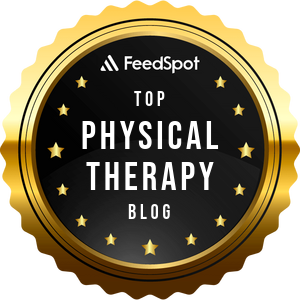
Continuing Professional Education
Looking for Massage Therapy CEUs, PT and ATC continuing education, chiropractic CE, or advanced manual therapy training? Explore our evidence-based online courses designed for hands-on professionals.

